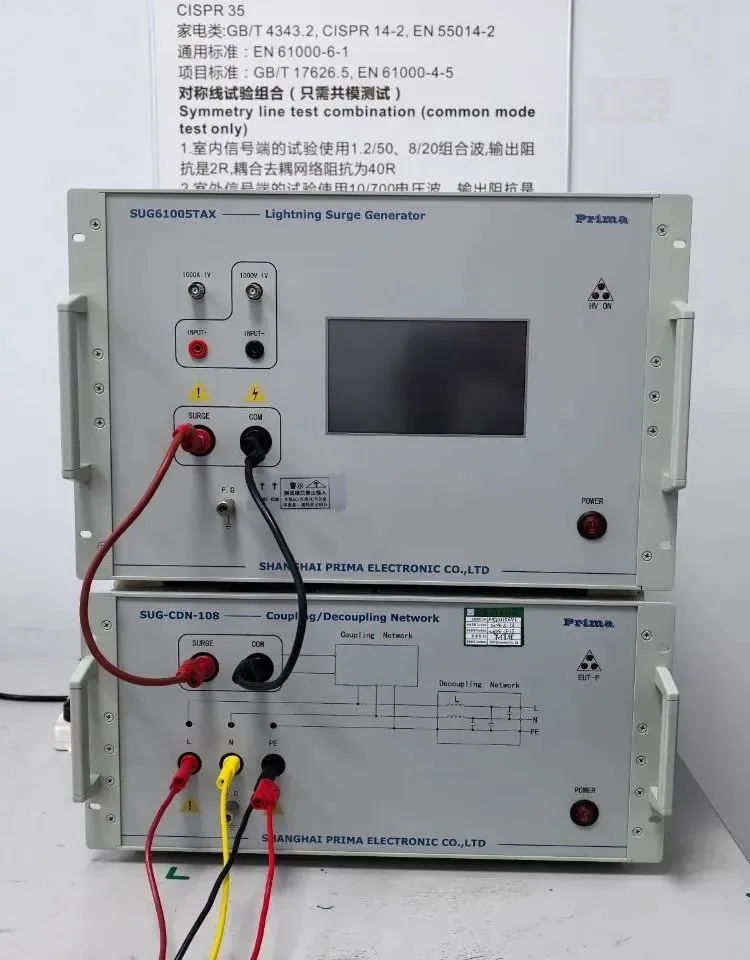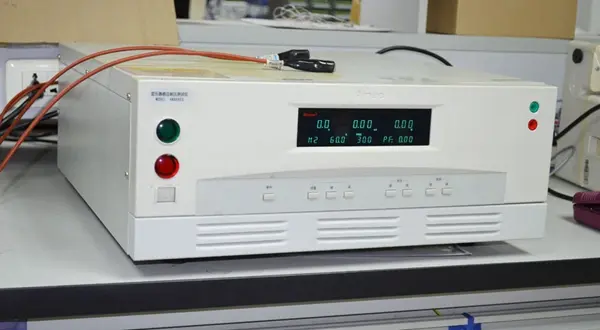
How to Get the RSL Certificate Report?
New Requirements for E-commerce Platforms Regarding RSL Certification
To comply with the new EU standards, e-commerce platforms such as TEMU (Pinduoduo’s cross-border version) and Amazon have imposed RSL certification requirements on products that may contain harmfUL substances. Common RSL certifications include the RSL-Report (EU lead and cadmium cheMICal substance testing report), RSL-Phthalate (EU RSL phthalate testing report), and RSL-SCCP (EU RSL short-chain chlorinated paraffin testing report). Laboratories evaluate the harmful substances in products based on test results and compare them with the limits set by the EU reach regulation. If the harmful substances in the product exceed the limits specified in the EU REACH regulation, the product will fail RSL certification.

For sellers, obtaining RSL certification has become an important threshold for their products to enter platforms like TEMU smoothly. To acquire this certification, sellers need to have their products tested and provide the corresponding test reports to ensure the products do not contain phthalates restricted by the EU. For products containing these substances, sellers must make corrections or remove them from the platform within the specified time. Sellers who fail to provide qualified reports on time will face fines or removal of their products from the e-commerce platforms.
This measure aims to protect consumer health and environmental safety while also aligning with national policies to promote the industry's development towards green and environmentally friendly practices.
What is RSL?
RSL is the abbreviation for the "Restricted Substances List." This list includes restricted chemicals in products like apparel, home textiles, and footwear, and references the regulations or mandatory standards from various governments worldwide.
The latest version of the RSL list covers more than 250 chemicals across 12 categories and includes updates to substances such as flame retardants, formaldehyde, heavy metals, phthalates, polycyclic aromatic hydrocarbons (PAHs), as well as Annexes I-II, to reflect changes in regulations concerning apparel, footwear, accessories, and home textile products.
Common RSL certifications include the RSL Report (EU lead and cadmium chemical substance testing report), RSL Phthalate (EU RSL phthalate testing report), and RSL SCCP (EU RSL short-chain chlorinated paraffin testing report). Laboratories evaluate the harmful substances in products based on test results and compare them with the limits specified by the EU REACH regulation. If the harmful substances exceed the limits, the product will fail RSL certification.
How to get the RSL?
For more details on how to obtain RSL-Report (EU lead and cadmium chemical substance testing report), RSL-Phthalate (EU RSL phthalate testing report), RSL-SCCP (EU RSL short-chain chlorinated paraffin testing report), ce-emc Electric (EU compliance declaration for electrical products CE-emc certificate), or the EU Energy Label, please consult the engineers at China's JJR Laboratory.
Email:hello@jjrlab.com
Write your message here and send it to us
 RCM AS/NZS CISPR 32:2023 Testing for Power Adapte
RCM AS/NZS CISPR 32:2023 Testing for Power Adapte
 How to get Australia SAA Compliance?
How to get Australia SAA Compliance?
 Does Canada Require RoHS Compliance
Does Canada Require RoHS Compliance
 EU CE LVD, EMC, RoHS Directives Compliance Guide
EU CE LVD, EMC, RoHS Directives Compliance Guide
 Quick Guide to the CE-LVD Low Voltage Directive
Quick Guide to the CE-LVD Low Voltage Directive
 Global Certification Guide for Lithium Batteries
Global Certification Guide for Lithium Batteries
 Compliance of Amazon 18650 Lithium Battery Product
Compliance of Amazon 18650 Lithium Battery Product
 What is CE Certification and EU Authorized Represe
What is CE Certification and EU Authorized Represe
Leave us a message
24-hour online customer service at any time to respond, so that you worry!




